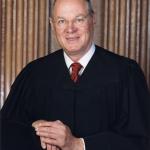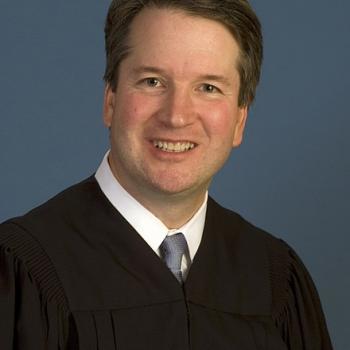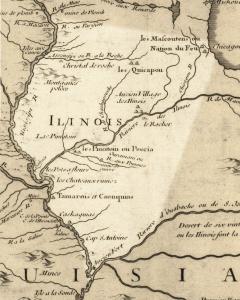At the Second Vatican Council we were told,
“This Vatican Council declares that the human person has a right to religious freedom. This freedom means that all men are to be immune from coercion on the part of individuals or of social groups and of any human power, in such wise that no one is to be forced to act in a manner contrary to his own beliefs, whether privately or publicly, whether alone or in association with others, within due limits.
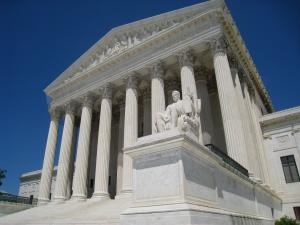 “The council further declares that the right to religious freedom has its foundation in the very dignity of the human person as this dignity is known through the revealed word of God and by reason itself. This right of the human person to religious freedom is to be recognized in the constitutional law whereby society is governed and thus it is to become a civil right….
“The council further declares that the right to religious freedom has its foundation in the very dignity of the human person as this dignity is known through the revealed word of God and by reason itself. This right of the human person to religious freedom is to be recognized in the constitutional law whereby society is governed and thus it is to become a civil right….
“….On his part, man perceives and acknowledges the imperatives of the divine law through the mediation of conscience. In all his activity a man is bound to follow his conscience in order that he may come to God, the end and purpose of life. It follows that he is not to be forced to act in a manner contrary to his conscience. Nor, on the other hand, is he to be restrained from acting in accordance with his conscience, especially in matters religious.” (Dignitatis Humanae, §§2, 3) [1]
If Vatican II was the law of the United States, the outcome of Masterpiece Cakeshop, Ltd., v. Colorado Civil Rights Commission [2] would never have been in doubt. As it is, the operative law before the U.S. Supreme Court was the First Amendment, which reads, in pertinent part:
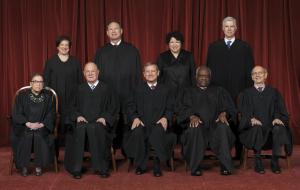 “Congress shall make no law respecting an establishment of religion, or prohibiting the free exercise thereof….” [3]
“Congress shall make no law respecting an establishment of religion, or prohibiting the free exercise thereof….” [3]
Now this language, although briefer, and without containing a rationale, seems to recognize a right every bit as expansive as that of Vatican II. But the Constitution ultimately means what the U.S. Supreme Court says it means, and the current state of the law is that the right to the free exercise of religion is a constrained one indeed.
“’[T]he right of free exercise,’ the Court “has stated, ‘does not relieve an individual of the obligation to comply with a “valid and neutral law of general applicability on the ground the law proscribes (or prescribes) conduct that his religion prescribes (or proscribes).”’” [4] In other words, one can act on the basis of his religion until the law says he can’t, provided the law isn’t directed at his religion.
That isn’t much of a right, of course. Everything is permissible until it is forbidden, even things that we don’t consider to be rights properly speaking. But that is the state of the law. The Court has used other standards in the past, but that is the state of the law today.
 So the claim of Jack Phillips, the baker, challenging the Colorado law requiring him to bake a wedding cake for a same-sex couple on religious freedom grounds was not likely to succeed before the Supreme Court. The Colorado law is a general one, not directed at Phillips’s religion, and the Court noted that its “precedents make clear that the baker, in his capacity as the owner of a business serving the public, might have his right to the free exercise of religion limited by generally applicable laws.” (Opinion, pp. 2-3) And, indeed, the case was not decided on the basis of freedom of religion.
So the claim of Jack Phillips, the baker, challenging the Colorado law requiring him to bake a wedding cake for a same-sex couple on religious freedom grounds was not likely to succeed before the Supreme Court. The Colorado law is a general one, not directed at Phillips’s religion, and the Court noted that its “precedents make clear that the baker, in his capacity as the owner of a business serving the public, might have his right to the free exercise of religion limited by generally applicable laws.” (Opinion, pp. 2-3) And, indeed, the case was not decided on the basis of freedom of religion.
But it seems that the forces for religious freedom gained something.
During the hearings before the Colorado Civil Rights Commission, there were commissioners who made no effort to conceal their disgust with Phillips’s religion. And it had come to light that the Commission had supported the right of other bakers to not put messages on their wedding cakes to which they objected. It was this contempt for Phillips’s religion and disparate treatment that won the day for his cake shop. So we can find some comfort in the fact that government officials must remain neutral as to religion, and may not treat religious conscience claims with less favor than others.
The icon of St. Joseph the Worker is by Daniel Nichols.
Please go like Christian Democracy on Facebook here. Join the discussion on Catholic social teaching here.

